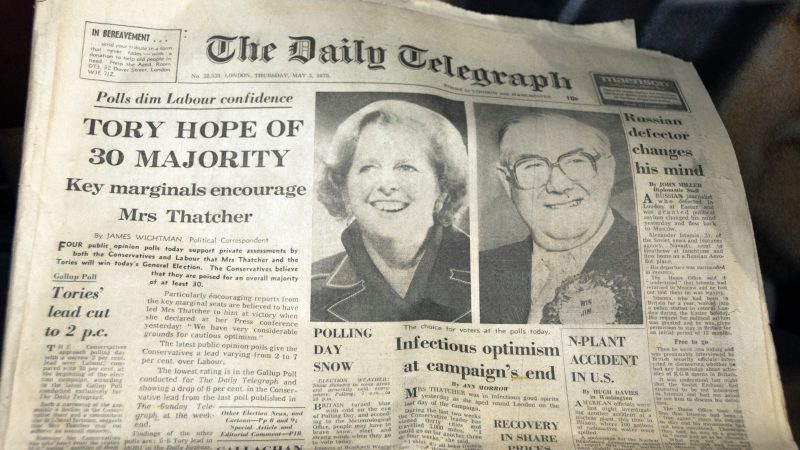
He was 77 and, while strong of views and argument, navigated a life in Labour without making enemies. Labour Party staffers -often treated de haut en bas by party bigwigs – liked him, as he had no side, was unfailingly courteous, and never patronised them.
He was a 5-star intellectual with a first from Magdalen.
He was of the 1968 generation
He was of the 1968 generation that rose in revolt against the stuffiness, the engrained racism, homophobia, and fondness for empire of the Attlee-Bevan-Dalton Labour Party so well written about by the late Bim Pimlott.
His mentor Anthony Crosland wanted a modernised Labour Party after the publication of his book “The Future of Socialism” in 1956. It was denounced as “revisionism”, or worse “reformist”, the favourite epithets of Stalin and his epigones scattered worldwide and strong on the British left especially amongst Labour MPs and left journalists who had read a few pages of Trotsky in college and thought themselves profound thinkers.
Lipsey went to work for Crosland in the 1970s. By then Labour had retreated into Labourism-in-one-Country described sarcastically by Harold Wilson in seeking “to nationalise Marks and Spencer and bring it up to the level of the Co-Op”, then the dowdiest store on any high street.
READ MORE: Which ministers have done the most and fewest broadcast rounds in year one?
James Callaghan, who loathed Barbara Castle and counted on trade union support for his rise in Labour, had sabotaged Castle’s extremely modest trade union reform proposals called “In Place of Strife” in 1968. The core element was the obligation for unions to hold a secret ballot of all members before going on strike.
Unions in social democratic Europe had long ago written into their rule books the need for a strike vote usually with a 75 per cent vote threshold. British trade unions were what British communists poured their energy and organising skills as they had no chance of winning parliamentary seats in contrast to France or Italy where proportional representation allowed major communists parties to flourish.
They denounced Castle’s proposals as imposing a legal obligation on the sacred concept of “free collective bargaining” which is reality meant a small group in the workplace mobilising to create work stoppages in which the all-white unions of the day could cause serious damage to a modern trading economy.
Callaghan cynically supported the unions to weaken the social democratic reformists within Labour including Crosland their chief intellectual.
A sad, bad time
It was a sad, bad time for Labour as despite winning elections in 1974, the Callaghan government was unable to govern as the the union model Callaghan backed was as hostile to any government or to any European-type reforms to make workers partners in the economy in place of the preferred English model of “them and us.”
Crosland broke with Roy Jenkin on Europe as he hoped his position as a cabinet minister would be guaranteed if he toed the nationalist Labour line of hostility to Europe.
Lipsey worked for Crosland when Crosland was Foreign Secretary in the 1974 government. After Crosland’s death in 1977 he spent the rest of the Labour government up to Mrs Thatcher’s victory in 1979 as an official in Callaghan’s No 10.
Subscribe here to our daily newsletter roundup of all things Labour – and follow us on Bluesky, WhatsApp, Threads, X or Facebook.
Lipsey moved across to journalism for the Sunday Times and then for the Economist. There he inserted his knowledge of government and Labour into many columns but of course both papers are part of the dominant liberal right culture which ranges from the Treasury to the BBC and which opposes any change in the established power and wealth model of a Britain which is still a monarchy lording over the most centralised state in the OECD with Bishops sitting as of right as lawmakers in Parliament.
His conversation and articles and campaigns were always full of insights, warmth and a desire to see a fairer, more efficient Britain. But even when he got the government of his wishes after 1997, he was disappointed by the timidity of Blair and Brown to effect real enduring change.
- SHARE: If you have anything to share that we should be looking into or publishing about this story – or any other topic involving Labour– contact us (strictly anonymously if you wish) at [email protected].
- SUBSCRIBE: Sign up to LabourList’s morning email here for the best briefing on everything Labour, every weekday morning.
- DONATE: If you value our work, please chip in a few pounds a week and become one of our supporters, helping sustain and expand our coverage.
- PARTNER: If you or your organisation might be interested in partnering with us on sponsored events or projects, email [email protected].
- ADVERTISE: If your organisation would like to advertise or run sponsored pieces on LabourList‘s daily newsletter or website, contact our exclusive ad partners Total Politics at [email protected].




More from LabourList
SPONSORED: ‘Industrial hemp and the challenge of turning Labour’s priorities into practice’
‘A day is a long time in politics, so we need ‘action this day’’
Strong support for child social media ban among Labour members, poll reveals